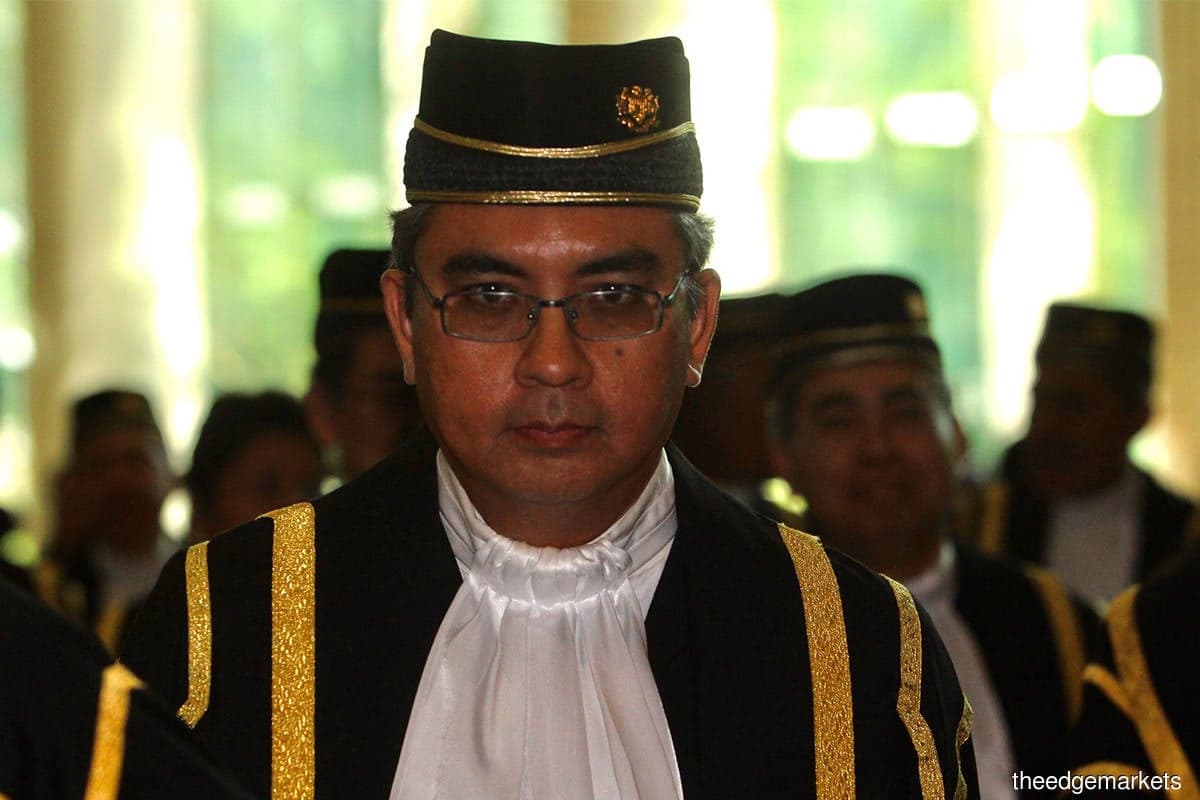
KUALA LUMPUR (April 25): The Law Association for Asia and the Pacific (Lawasia) and the Commonwealth Lawyers Association (CLA) have voiced concern over the action taken by the Malaysian Anti-Corruption Commission (MACC) against judge Datuk Mohd Nazlan Mohd Ghazali.
In separate letters to Prime Minister Datuk Seri Anwar Ibrahim and Attorney General Tan Sri Idrus Harun, the two groups expressed grave concerns about the serious threats to the independence of the Malaysian judiciary and the administration of justice.
In a letter on Monday (April 24) to Anwar and Idrus, Lawasia president Melissa Pang said the threats were premised on the MACC's investigation of Nazlan and the criminal proceedings against former prime minister Datuk Seri Najib Razak.
Pang said Lawasia is concerned about views being expressed in relation to the dissenting judgement that it may justify a future attempt to review an already decided review application or even a re-litigation or retrial of a matter in its entirety.
“That view is not correct.
“A dissenting judgement does not give grounds for a retrial or a right to a 'further' review under the inherent powers of the Federal Court under Rule 137 of the Rules of the Federal Court 1995.
“A dissenting judgement is merely an expression of a disagreement or difference of judicial opinion that does not become a part of case law or have any binding precedential value,” she said.
Meanwhile, CLA said it was alarmed that not only did the MACC launch the investigation against Nazlan, it also went further to make a public announcement of its investigation, and its findings have been also made public.
“The CLA considers the conduct of the MACC to be a gross violation of the separation of powers and tantamount to executive interference with the administration of justice,” it said in a letter on April 20.
CLA said that while it recognises the prerogative of the MACC to combat corruption in its country, it was concerned about the impact that this investigation against a sitting judge may have on the Malaysian judicial system and respect for the rule of law.
“As a government, it is important for the executive to respect, protect and uphold the independence of the judiciary, which is the central pillar of the administration of justice.
“The judiciary must remain independent, impartial, and free from any form of interference or coercion especially by the executive,” it said.
CLA added that by investigating a sitting judge, particularly in the manner in which the investigation was initiated and in releasing the findings, the MACC has sent a worrying message about the role and independence of judges in Malaysia.
“This action could be perceived as an attempt to intimidate the judiciary and undermine its credibility, which would be detrimental to the rule of law and the public's trust in public institutions,” it said.
For Lawasia's letter to Anwar and Idrus, click here to read the full text.
For CLA's letter to Anwar, click here to read the full text.